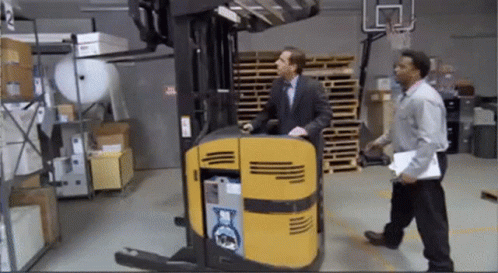The idea of robots or AI (as you've said upthread) replacing everyone is still not correct. It's hype. Robotics and automation in manufacturing have existed for decades. I think it's clear at this point that robotics and automation will not simply replace all human employees.
The current hype around AI replacing white collar workers is also overblown. Current AI technology is capable of replacing some white collar jobs such as phone based customer services. But just look at self-driving cars - it's clear the technology is not there to replace humans. It's sort of like the idea of cold fusion - always 20 years away. There is a step change breakthrough needed. People get super hyped about it because it would be a game changer, but it isn't here yet and we don't have a defined path to get there. Current machine learning and AI techniques are good at certain things but incapable of others. There's a reason why we don't have self driving cars yet, despite continual optimistic projections by people like Elon Musk. Machine learning is good at teaching software how to do things that are high frequency tasks that generate high volumes of data that can be used for comparison and learning. We don't current know how to teach machines judgment - how to decide what to do when an unknown situation occurs. We only know how to teach them to recognize scenarios they've been taught.
So robots can run a factory and work 90,95,99%+ of the time. We still need a human to diagnose errors. And depending on the type of work and how varied the tasks and possible results and scenarios, robots and AI can be more or less suited to do it. Many, many jobs simply cannot be done using current AI technology no matter how much it improves. Sort of like you can make the best blimp in the world and it can do a lot of great things, but it can't do what an airplane can do. And knowing how to make an amazing blimp, while still flying, doesn't make you better at making airplanes.


